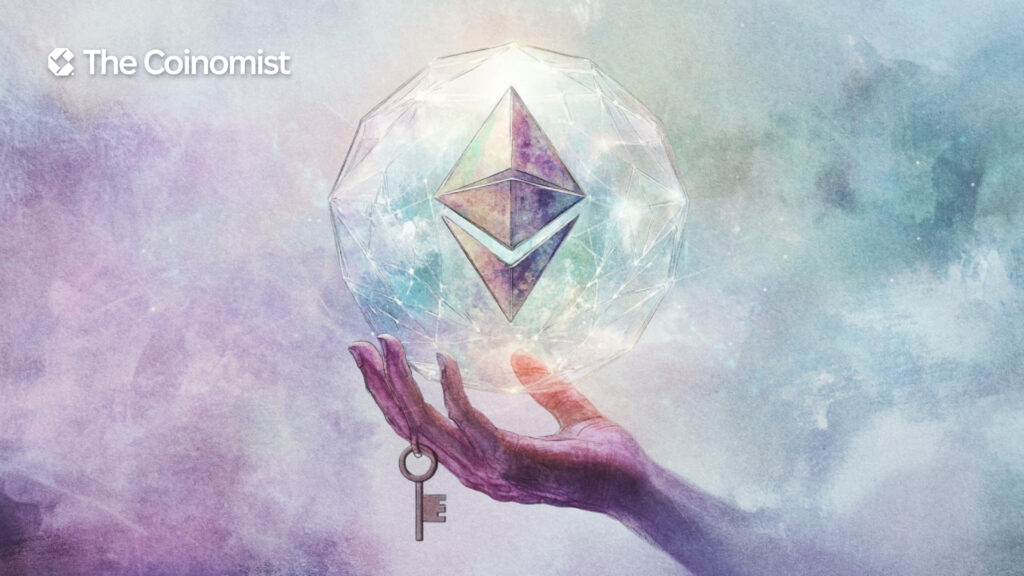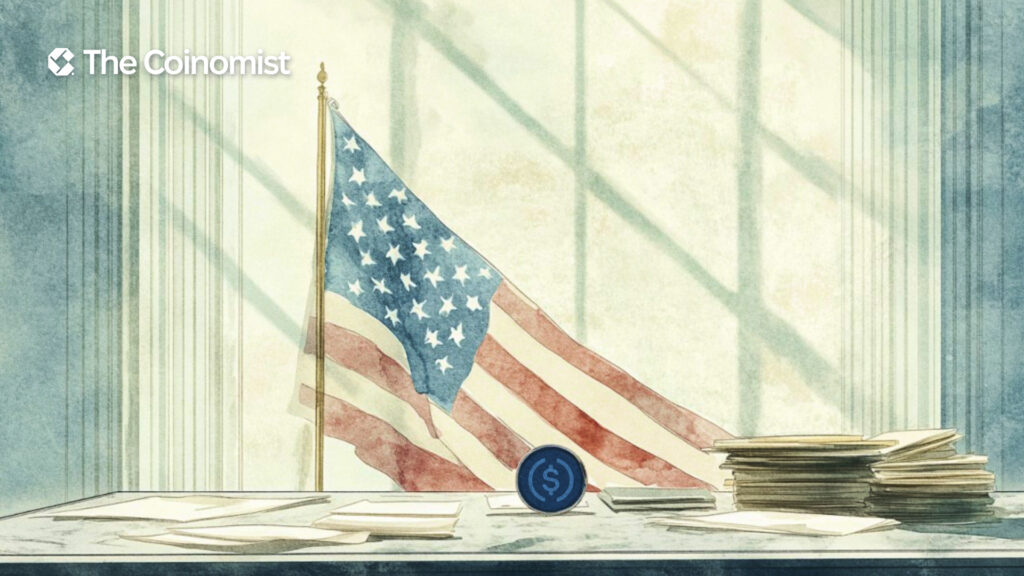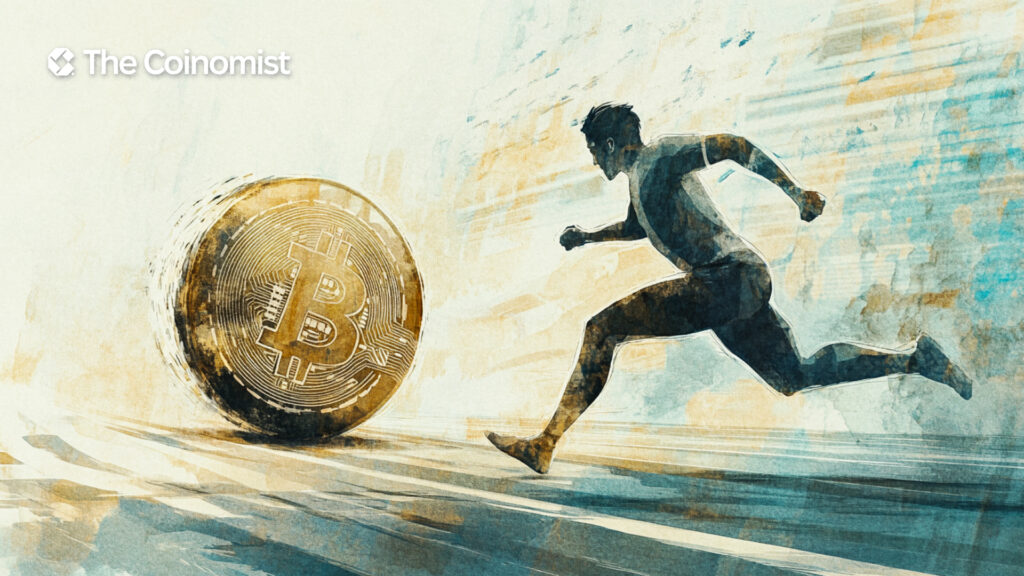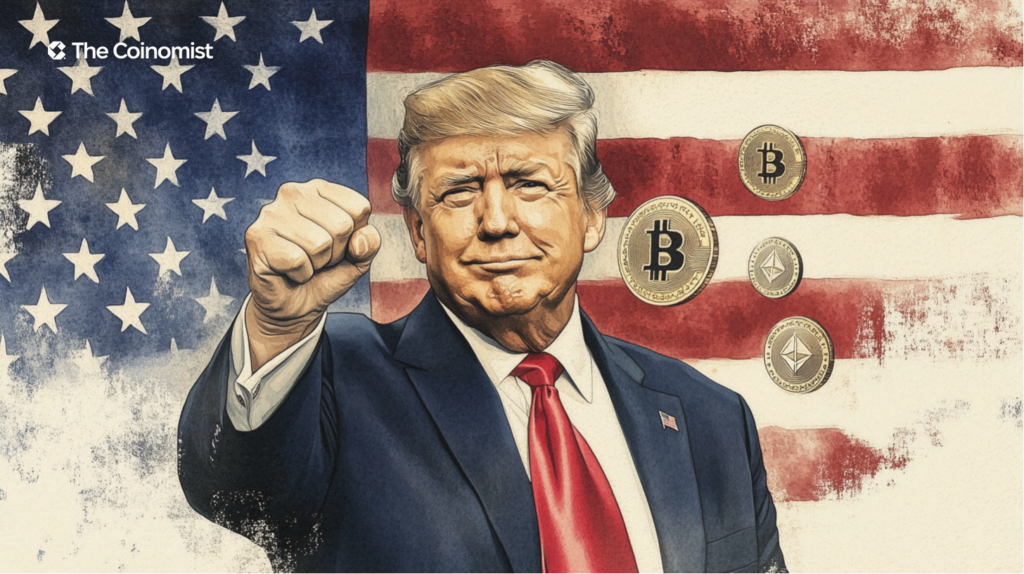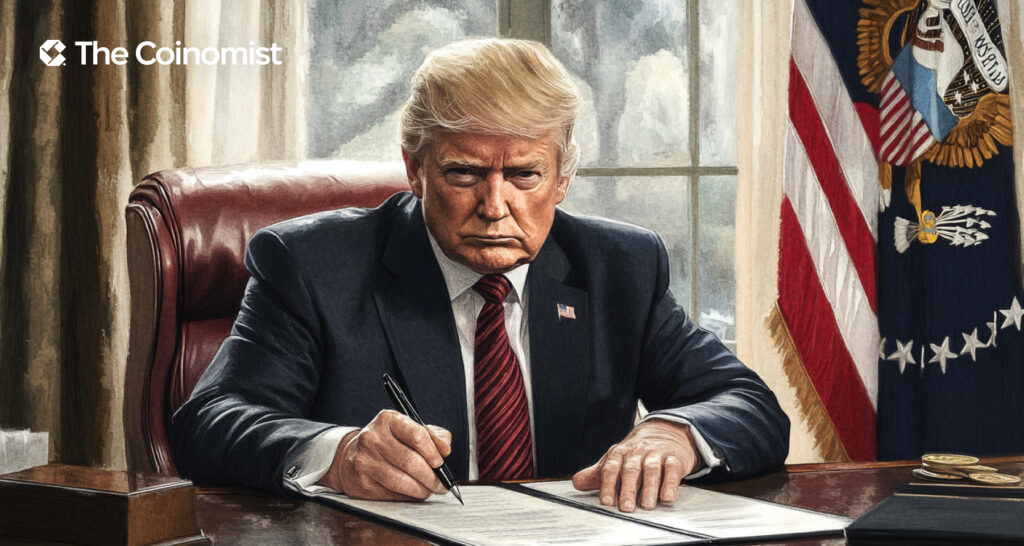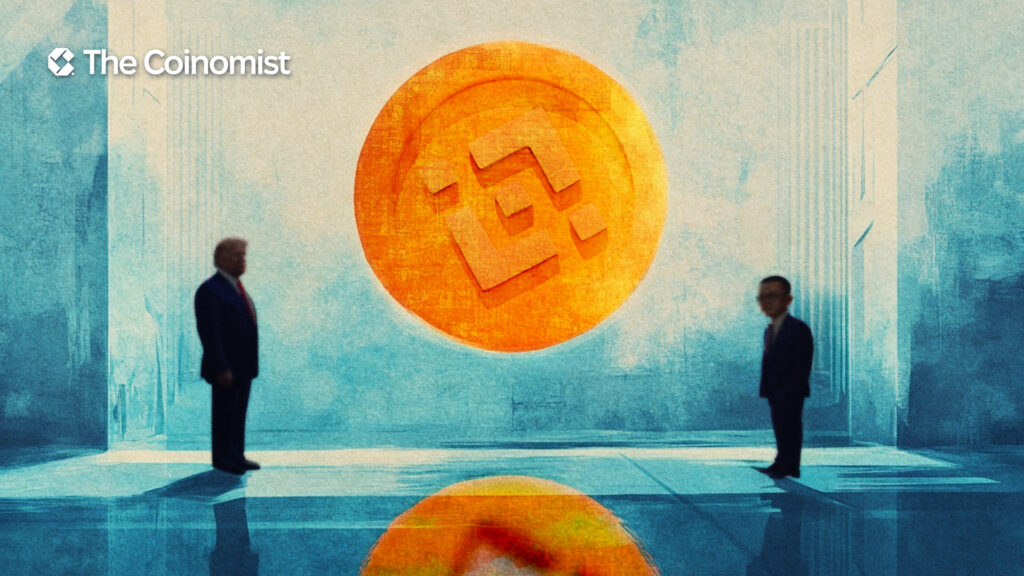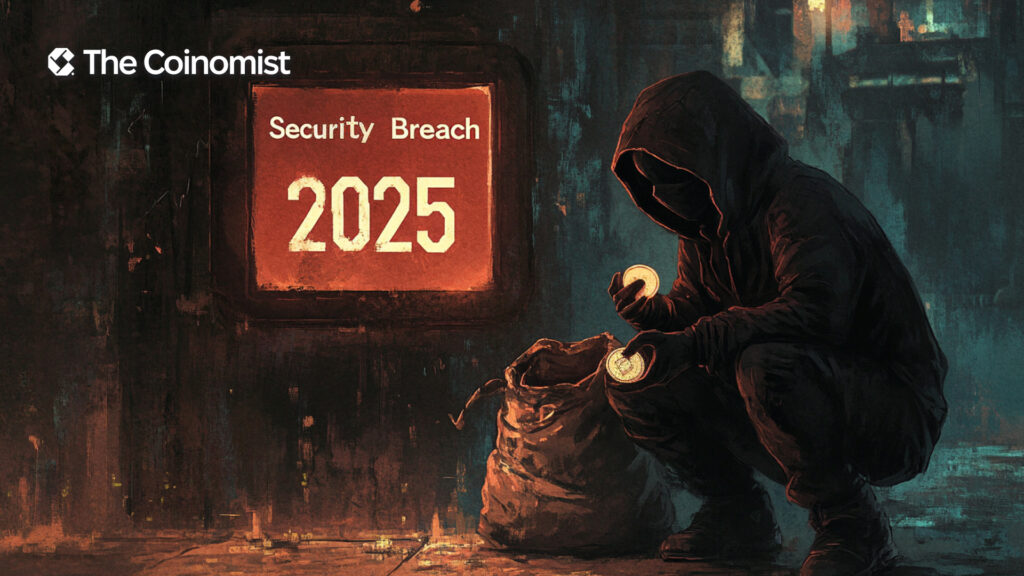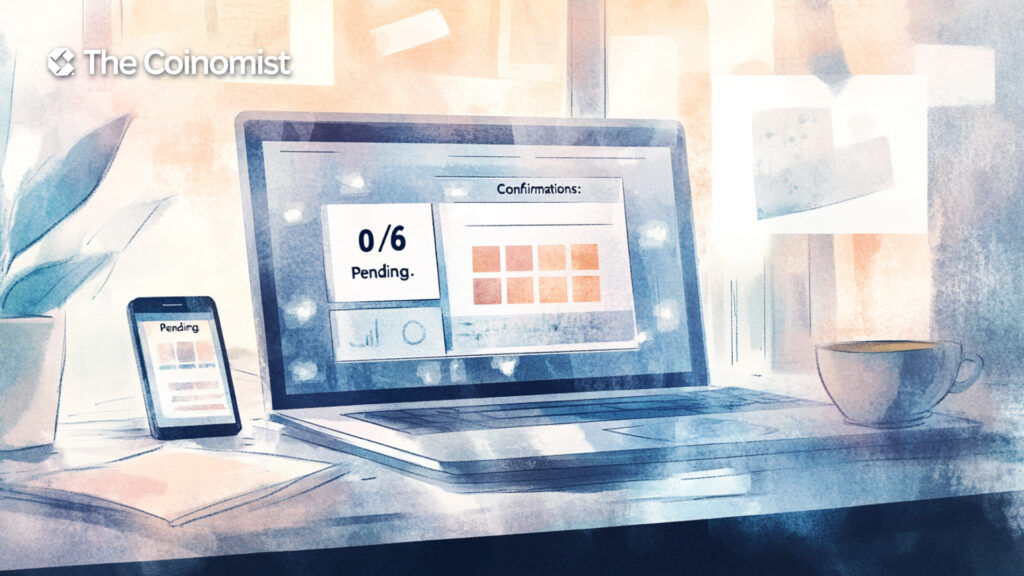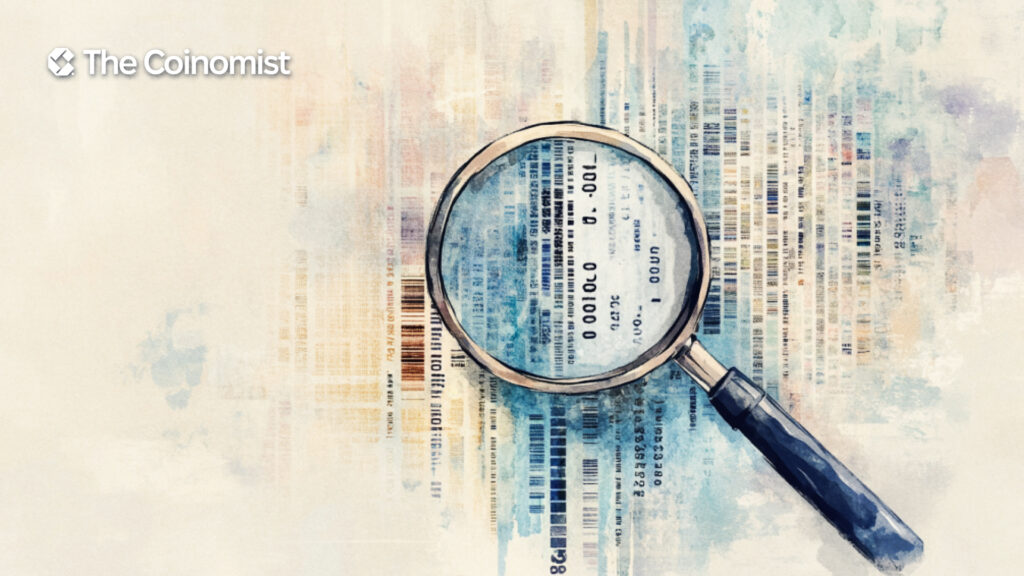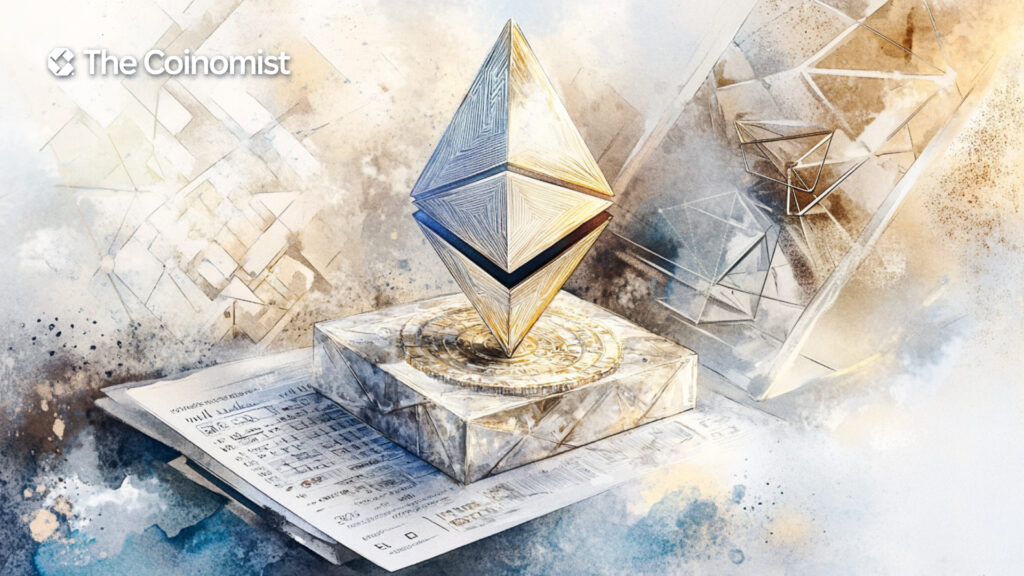The Hidden Mental Traps That Undermine Crypto Trader’s Success
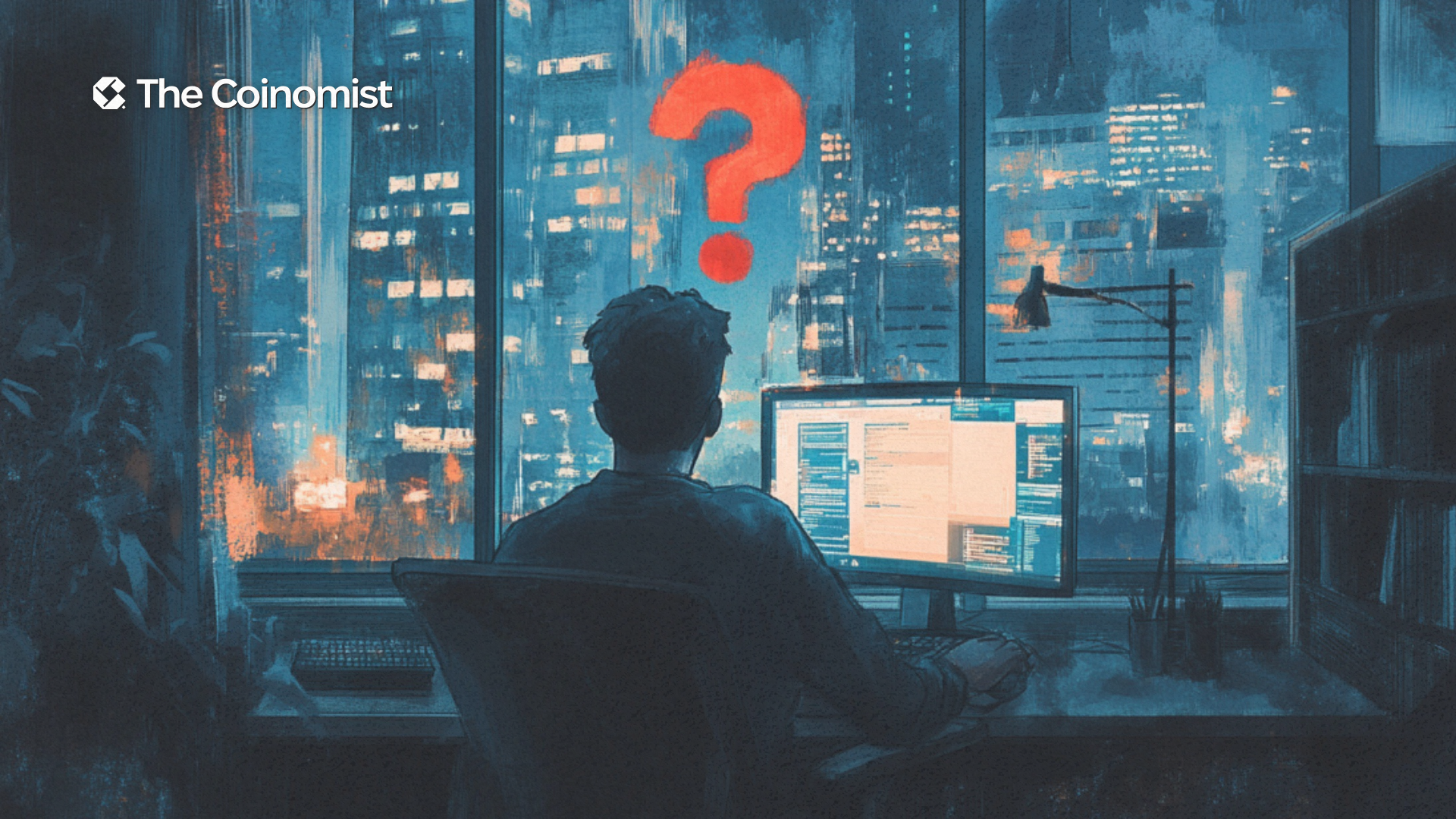
Crypto trading isn’t just about strategies—it’s about mindset. Let’s explore the mental biases that affect how traders make decisions (and lose money).
On this page
- Cognitive Biases Of a Crypto Trader: Built-In, Not Broken
- №1 Defending Your Trades, Even When They Were Bad
- №2 The Crowd Knows Best? Not Really.
- №3 The Brain Loves Patterns—Even When They Don’t Exist
- №4 Losses Stick, Gains Fade
- The One-Trade Delusion
- Crypto Biases Aren’t Your Enemies—Learn to Work with Them
Cognitive biases—those unseen forces shaping our decisions—are a trader’s silent adversary. But here’s the kicker: they’re not glitches in our thinking. They’re what make us human. The trick is knowing when they work for you and when they work against you.
Cognitive Biases Of a Crypto Trader: Built-In, Not Broken
Your brain isn’t built for crypto markets. It’s built for survival. That’s why it clings to instincts that made sense in the wild but fail on a digital trading screen. Recognizing these patterns is the first step to mastering them.
The brain’s default setting? Simplify, adapt, survive. It’s a fantastic system—until you throw it into the wild swings of crypto markets, where it bends reality to avoid total meltdown.
The tougher things get, the more mental shortcuts we invent—blocking out red charts, rationalizing bad trades, bracing for the next Elon-fueled tweet storm.
And you know what? That’s not a problem—it’s just how we’re wired.
Like coffee—too bitter without sugar, yet ruined with a spoon for those who love it strong and black.
Our brains aren’t something we can debug, but we can learn to anticipate their tricks and keep them from hijacking our trades.
There are countless cognitive biases, but we’ll zoom in on the ones that most often derail crypto traders. They’re not errors—they’re built-in survival mechanisms that don’t always play nicely with financial markets. The key is understanding them before they control you.
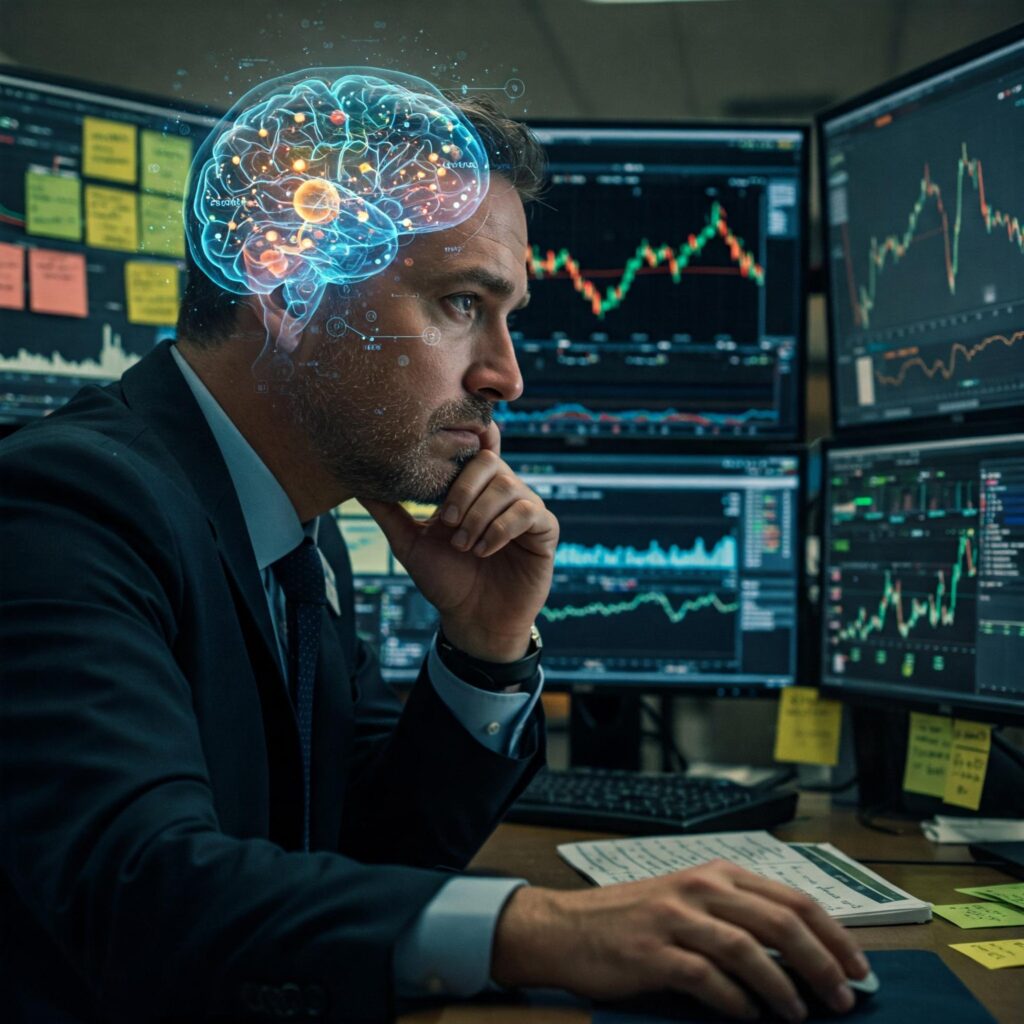
Check this out: What Wall Street is Reading: Top Investing Books for 2025
№1 Defending Your Trades, Even When They Were Bad
No one likes to be wrong—so instead of re-evaluating past choices, the brain often doubles down and builds stories to justify them.
Imagine a trader who locked in minimal gains on a long position, only to see prices rocket higher right after. Rather than reconsider their approach, they might think:
- “At least I played it safe. It’s better than losing money!”
- “What if the market crashed instead? I could’ve lost everything!”
- “I was following expert insights—if it was a bad call, that’s on them.”
Let’s be real—your brain just wants to protect your ego, and that’s fine. But if a missed $100 gain turns into a full-blown theory about exchange manipulation, you might be straying from rational trading into pure paranoia. At that point, a good psychiatrist may be a better investment than another trade.
So, what’s the solution?
When self-doubt creeps in, ground yourself with this thought:
“I made a calculated decision based on what I knew. If I need to, I can make another. But I’m not here to be perfect—I’m here to get better. And that means accepting mistakes.”

More Crypto Insights: 5 Poker Tips That Can Help You Succeed in Crypto
№2 The Crowd Knows Best? Not Really.
This cognitive bias of a crypto trader is deeply rooted in human nature—a survival instinct designed to keep us safe. But in trading, it can make you believe that if Crypto Twitter is hyping a new memecoin, you should go all in before it’s too late.
Because, let’s be honest, can thousands of traders be wrong?
Yes. Yes, they can. The crypto golden rule—if the masses are rushing in, a correction is near. And if your old boss, who thought Bitcoin was a Ponzi scheme last year, suddenly asks about XRP, that’s your sign to exit before it’s too late.
Anyway, how could you break free from the herd?
Before you jump in, stop and think: “Am I making this decision based on my own strategy, or just blindly following a Twitter influencer?”
Distinguish between market insight and social media hysteria. In crypto, it’s smarter to navigate your own sailboat than to go down with the Titanic.
Those who learn to ignore the urge to follow the masses know the secret: by the time something becomes the talk of the town, the best opportunities are already fading. Smart traders don’t rush in; they pause, fact-check, and act only when it makes sense—not when Twitter screams at them to buy.

Market Enlightenment: Building a Balanced Crypto Portfolio: Tips for Diversification
№3 The Brain Loves Patterns—Even When They Don’t Exist
“One time? Pure luck. Two times? A weird coincidence. Three times? That must be the market speaking!”
If this logic sounds reasonable, you’re already caught in a classic crypto trader cognitive bias.
This thinking dates back to our primal instincts—if grandpa went into the woods and never came back, then dad did the same, you’d probably think twice before stepping foot in there yourself. And in survival terms? That’s not entirely wrong.
Your brain is wired to avoid risk, and in crypto, this bias shows up as the “haunted forest” effect. You hesitate to enter the market, and when you finally do, the first loss feels like undeniable proof that your fears were justified—“Yep, trading isn’t for me.”
This is closely related to Survivorship Bias, a psychological trap that convinces us only winners exist while conveniently ignoring those who failed. Curious? We’ve covered this phenomenon in detail.
How to rewire your thinking?
Challenge the urge to see one failure as absolute truth. Look at the bigger picture. Base your trading choices on logic, not fear-driven instinct.
The market doesn’t care about your three-case theory. What looks like a golden trend might just be an illusion designed to lure in the hopeful. Likewise, three losses in a row don’t mean trading isn’t for you—it’s a numbers game.

More tips to consider: 7 Crypto Trading Tips for Beginners
№4 Losses Stick, Gains Fade
A trader’s brain is like a bad historian—it fixates on disasters and forgets the victories. One painful loss sticks longer than ten successful trades.
Ever felt that sinking feeling over a minor setback while a huge win barely registered? That’s your survival instinct misfiring in the financial jungle.
Every time you’re about to make a trade, past losses creep in: “Dump it now before history repeats itself!” Instead of hunting for profit, you start playing defense, because the brain would rather dodge pain than chase gains.
How do you deal with it?
Master risk management—it keeps your funds intact and your nerves steady.
Still haunted by the trades that got away? Remember—trading isn’t a soap opera, it’s a job. If you want to play the long game, you need to learn to step over failures and keep going.
Look ahead, not back. The market rewards resilience.

The Know-How Advice: How to Start with $100 in Crypto? 7 Tips
The One-Trade Delusion
Confidence is good—until it turns into recklessness.
“I don’t need years to make it. One perfect trade, and I’m set!”
So, you go big—high leverage, no risk strategy, full confidence. Then, without warning, the market turns. And just like that, you’re not making history—you’re making excuses.
This is what’s known as “trader’s overconfidence.” A streak of wins, and you start believing you’re immune to losses. That you can predict every move.
And that’s how you end up in high-risk trades with lower chances of success than winning the lottery.
How to stay grounded and handle that crypto trader’s bias?
Stay humble. You’re not a market god, just a trader managing probabilities. Cross-check your trades with hard data, not gut feelings, and never forget—no one wins them all.

Managing Disasters: What to Do During a BTC Correction: 5 Tips
Crypto Biases Aren’t Your Enemies—Learn to Work with Them
Cognitive crypto traders' biases aren’t here to ruin your trades. They’re just part of the package deal that comes with being human. Think of them as mischievous sidekicks rather than sworn enemies.
Don’t take them too personally, but don’t let them run the show either. They’re as much a part of you as your love for coffee or your daily Twitter deep dive. The trick? Spot them early and guide your focus where it actually matters.
When the market nosedives, keeping a clear mind is a trader’s superpower. Here’s how to train yours:
- Start a Trading Journal—But Include Your Emotions
Numbers tell part of the story, but emotions fill in the gaps. Each time you make a trade, note what you were feeling—was it FOMO? Confidence? Hesitation?
Fast forward a few weeks, and you’ll see the patterns. Maybe you keep bailing too early on rallies or stubbornly hold losers, hoping they’ll turn around. Once you recognize your mental blind spots, course-correct without beating yourself up—your portfolio will thank you.
- Master the Art of the Trading Timeout
Impulse is the enemy of smart trading. That’s why before a major trade, you should take five minutes to breathe and reset.
If Bitcoin plunges 10% in an hour, don’t let fear take the wheel. Step back, analyze the broader trend, and only act when you have a well-reasoned strategy. A cooler head makes better trades.
The market will always test your patience, but these simple habits will stop your brain from leading you astray. And if everything tanks? It’s not a disaster—it’s just another page in your trading journey. Brew yourself a strong cup, take a deep breath, and keep pushing forward.
Wishing you profitable trades, sharp decisions, and clear minds. Keep up with The Coinomist for more insights.
But what if tading got you stressed? It’s time for a mental reset. Read on: «Crypto Detox: How to Take a Break Without Going Crazy».
The content on The Coinomist is for informational purposes only and should not be interpreted as financial advice. While we strive to provide accurate and up-to-date information, we do not guarantee the accuracy, completeness, or reliability of any content. Neither we accept liability for any errors or omissions in the information provided or for any financial losses incurred as a result of relying on this information. Actions based on this content are at your own risk. Always do your own research and consult a professional. See our Terms, Privacy Policy, and Disclaimers for more details.






